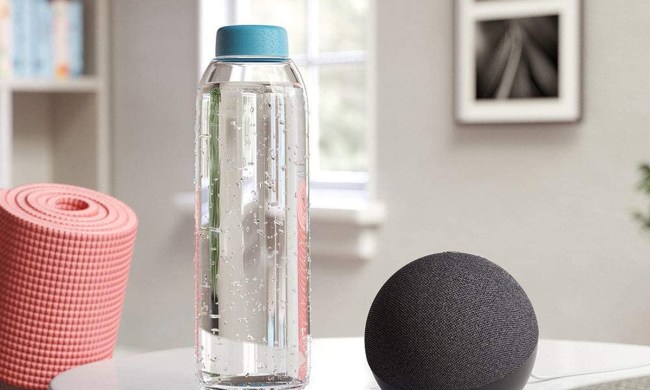
Consumer concerns about privacy are higher than ever before, especially with the recent news of severe privacy violations from Google and the even more recent news of those same types of violations from Apple. Smart speakers are everywhere, and whether you like the idea of a voice-powered assistant or not, they seem like they’re here to stay.
A story from The Information said that Huawei, a Chinese company best known for its line of smartphones, was prepared to throw its hat into the ring and release a Google Assistant-powered smart speaker. President Donald Trump’s restrictions on Huawei’s access to U.S.-based tech suppliers brought those plans to a halt.
According to The Information, Huawei planned to debut the smart speaker at the IFA trade show in Germany this September. The speaker reportedly targeted markets outside of China and was set to be available for purchase online in the United States.
The link between Huawei and Google came as no surprise. Huawei phones use the Android operating system, while Huawei-brand smartwatches use Google’s Wear OS. What did come as a surprise was how far-reaching the link between the companies was — and perhaps still is. According to the Information, Huawei wanted to make its line of smartphones compatible with Google Auto, Google’s answer to Apple’s CarPlay.
Trump cited national security and privacy concerns as the reason for his restrictions against Huawei. In 2012, the House Intelligence Committee published the results of a yearlong investigation into Huawei that called the company a national security threat.
Fears about Chinese technology companies spying on American citizens through their smartphones have been present for years, but that hasn’t stopped Huawei from becoming the second-largest smartphone manufacturer in the world. Neither has it stopped Huawei from branching out beyond smartphones to other types of devices. The company launched the A.I. Cube, an Alexa-powered smart assistant in Europe last year.
The concerns over privacy are valid and should be discussed at length, not only with Huawei, but with any major tech company. That said, the Huawei smart speaker seemed to have promise. According to The Information, Huawei “hoped to become a major global player” in the smart home arena.



